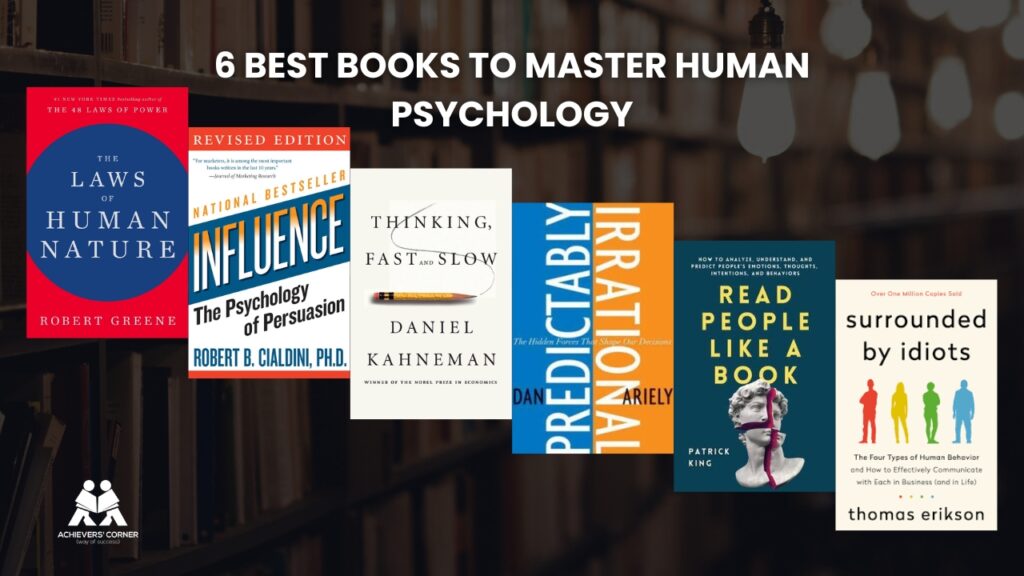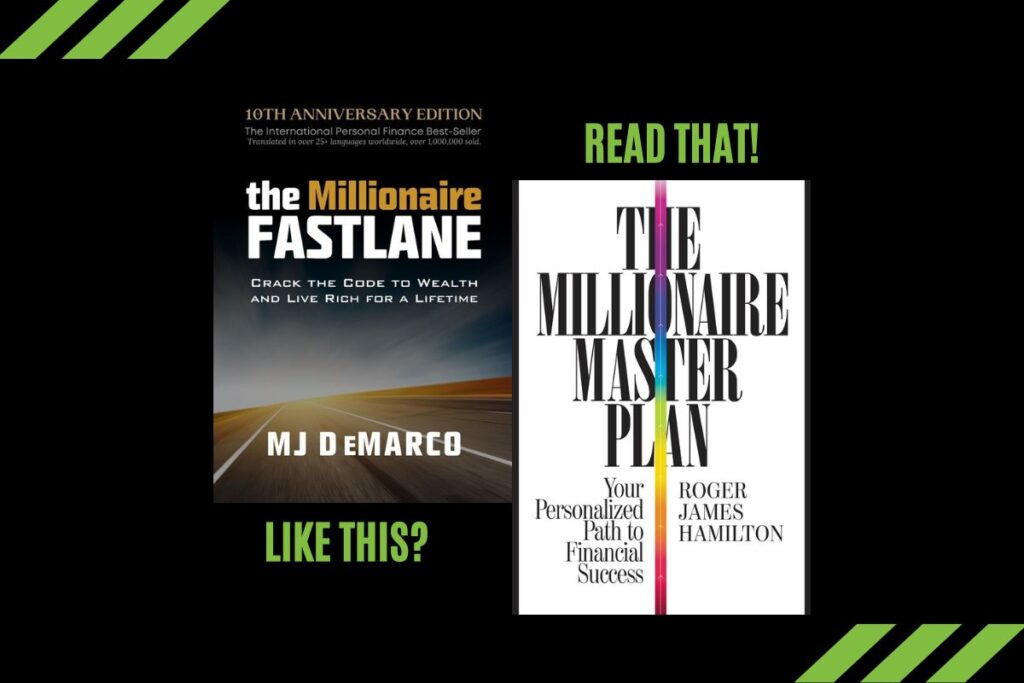Reveal how people think, act, and influence one another!
Understanding human psychology helps us navigate relationships, make better decisions, and improve our communication skills. These six books reveal how people think, act, and influence one another, making them essential reads for anyone curious about the human mind.
1. The Laws of Human Nature by Robert Greene:
“People will do anything to avoid dealing with their emotions, but emotions never disappear; they linger and fester.”
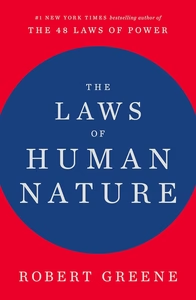
This book uncovers the hidden motives behind human behavior, helping readers understand why people act the way they do and how to use this knowledge to navigate social situations effectively.
Key Lessons:
- Understand the Dark Side of People: Everyone has flaws and weaknesses that drive their actions. Recognizing them helps you respond wisely.
- Master Emotional Awareness: Being aware of your own emotions and those of others allows for better decision-making.
- Learn to Influence Others: You can build trust and lead effectively by understanding what motivates people.
2. Influence: The Psychology of Persuasion by Robert B. Cialdini:
“A well-known principle of human behavior says that when we ask someone to do us a favor, we will be more successful if we provide a reason.”
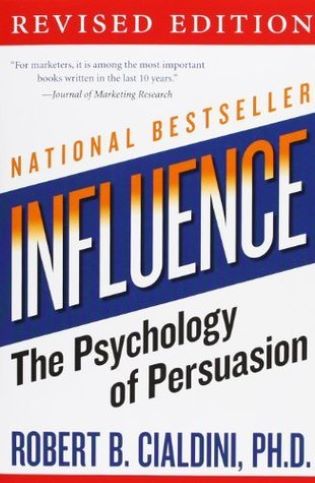
Cialdini explores the principles of persuasion and why people say “yes.” This book is a guide to understanding and ethically applying influence in everyday life.
Key Lessons:
- The Power of Reciprocity: People tend to return favors, which can create strong bonds and cooperation.
- The Role of Social Proof: People often follow the crowd, especially in uncertain situations.
- Scarcity Creates Value: When something is perceived as limited, its value increases in people’s minds.
3. Thinking, Fast and Slow by Daniel Kahneman:
“We can be blind to the obvious, and we are also blind to our blindness.”
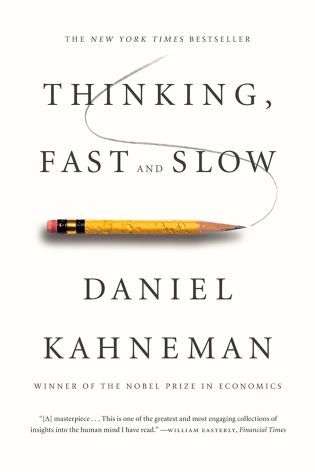
Kahneman examines the two systems of thinking: the fast, intuitive mind and the slow, deliberate mind, and how they shape our decisions and behavior.
Key Lessons:
- Beware of Cognitive Biases: Our fast-thinking system often makes errors due to mental shortcuts.
- Value Rational Thinking: Slow thinking helps us analyze situations more thoroughly and make better choices.
- Question Your Assumptions: Many of our gut feelings are shaped by biases rather than facts.
4. Predictably Irrational by Dan Ariely:
“Our behavior is driven by emotions, yet we tend to believe we are rational creatures.”
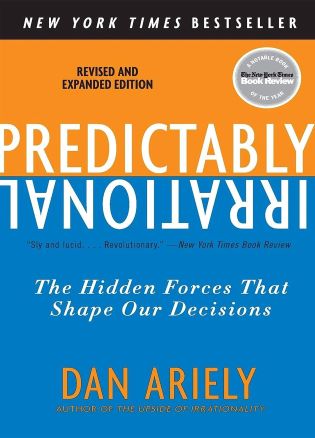
Ariely explores how humans often make illogical decisions, showing that irrational behavior is not random but predictable.
Key Lessons:
- The Influence of Context: Our choices are shaped by how options are presented to us.
- Emotions Overrule Logic: Temporary feelings can strongly affect decisions, even when they’re against our best interest.
- The Power of Expectations: What we expect from a product, event, or person can influence how we experience them.
5. Read People Like a Book by Patrick King:
“To understand others, you must first learn to listen with more than just your ears.”

This practical guide teaches techniques to analyze body language, facial expressions, and speech patterns to better understand people’s true feelings and intentions.
Key Lessons:
- Pay Attention to Microexpressions: Subtle facial cues reveal what people are really thinking.
- Context Matters: Behavior should be interpreted within the setting to avoid misjudgment.
- Listen Beyond Words: Tone, pacing, and body language often convey more than spoken words.
6. Surrounded by Idiots by Thomas Erikson:
“It’s not about changing who you are; it’s about understanding others better.”
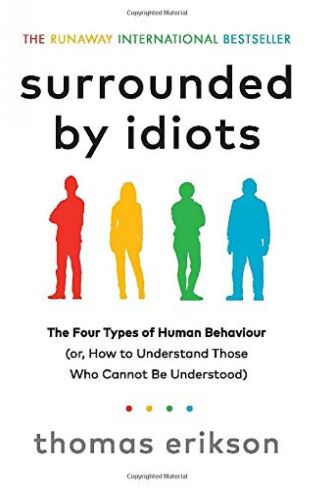
This book categorizes people into four personality types (Red, Blue, Green, and Yellow) to help readers understand communication styles and manage conflicts more effectively.
Key Lessons:
- Recognize Personality Types: Understanding different communication styles reduces misunderstandings.
- Adapt Your Approach: Tailoring how you interact with others based on their personality creates harmony.
- Conflict Resolution Made Easy: Knowing what triggers each personality type can help you avoid unnecessary arguments.
Conclusion:
These books are incredible resources for decoding human behavior, improving relationships, and mastering the art of communication. Which one will you read to better understand yourself and others?

